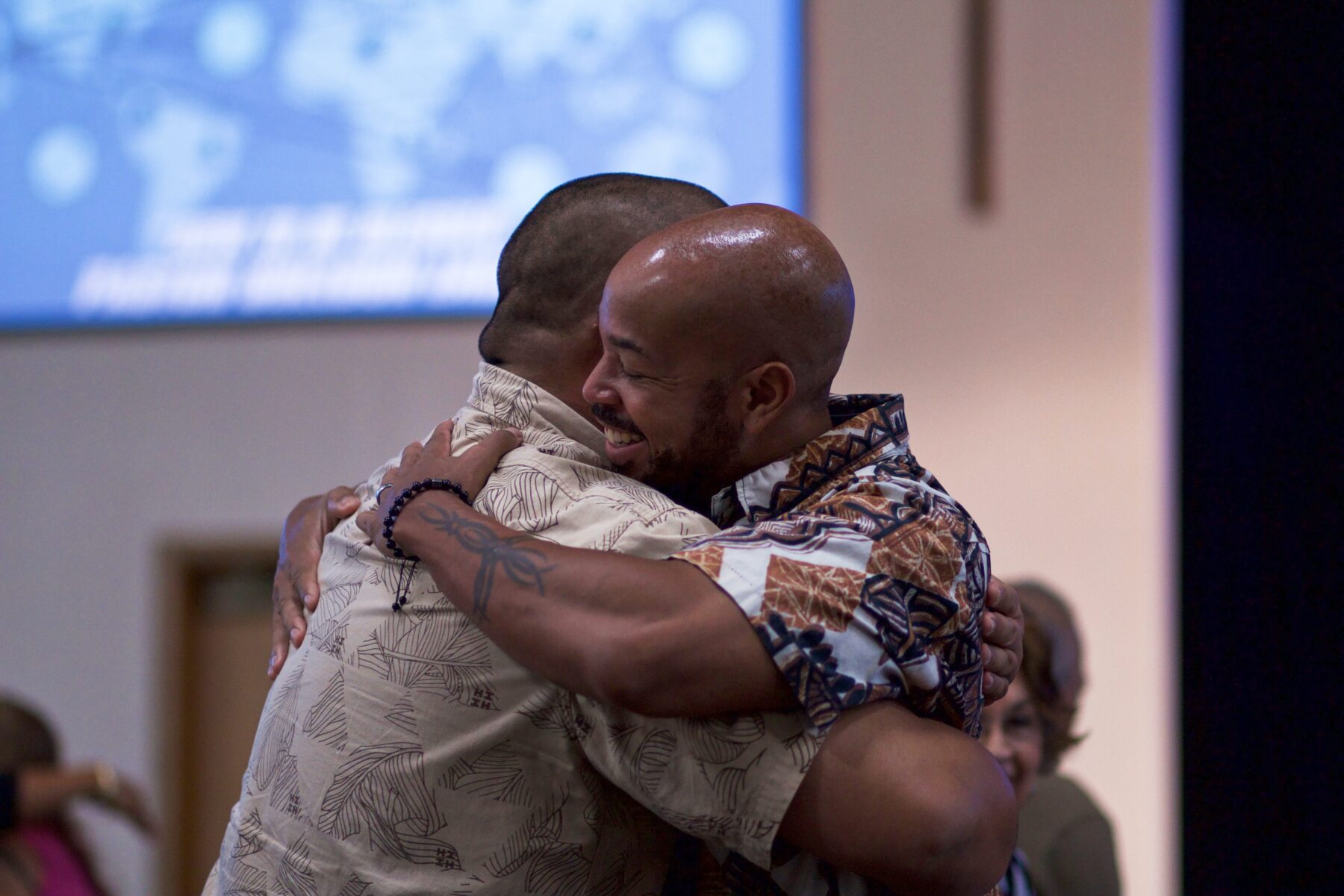Final words are valued. The last words a son or daughter speaks before heading out on their own for the first time, the departing words of friends who are moving on to a new state of life, the final utterances of a loved one before they breathe their last.
Last words linger, they press themselves into our minds and hearts. Jesus’s last words must nearly have been crushing in their significance.
The disciples, gathered on a hillside, forty days into what must have felt like a new era with a messiah who had risen from the dead! Surely there was nothing that could stop the coming of the kingdom of God. Hundreds of years of promises and anticipation were finally going to be paid in full. The years that the disciples had followed Jesus, hearing his words, watching his miracles were now going to seem like nothing in the reality of Israel’s restored power and place.
In the quietness of the moment, someone asked the question. Is it time? Jesus’s response, his last words, are etched in the minds of nearly every follower from that moment forward.
It’s not yours to know the time. Your job, empowered by the Spirit is to be witnesses for me, to the end of the earth.
We’re still in the middle of that job. It’s our job now as much as it was Peter’s, James’, or John’s or any of the others on that hillside that morning. We are witnesses to and for Jesus.
There’s an interesting wrinkle in the wording of this passage. When Jesus says that the disciples will be his witnesses to the ends of the earth, the word translated end is eschatou. It’s the same root we use for the word eschatology—the end of time.
Does it make sense to understand it as a geographical reference? Of course. Jesus is using other geographical locations. But we shouldn’t overlook that the word also has a chronological, a time, meaning. It’s not out of line to understand that Jesus is saying, “you will be my witnesses everywhere, to the end of time.” In other words, Jesus is telling his followers that they are to be witnessing for him wherever they are, all the time.
That’s just a fun bit of word nerdery. What’s important is the idea of witnessing.
It seems that witnessing now entails convincing people of a bunch of theological propositions, convincing them of the supernatural, and asking them to accept an invisible God into the center of their life and build everything they are around him.
I’m not convinced that’s what Jesus had in mind when he was telling his disciples what they were going to be empowered for.
When Jesus called for those who had been with him to be his witnesses, he was charging them to carry on his message. The disciples, and us, were to pick up Jesus’s message where he left off. They were to say and do the things that he did. They didn’t know exactly what the power would be that they would receive or what it would allow them to do. They only knew that their job was to be like Jesus.
The most effective witness to Jesus is to look, act, and sound like him. An effective witness is not someone who is well-trained theologically, or who can argue convincingly, or who knows the Bible cover to cover. The best witness to Jesus is the one who carries on his work of loving people and calling them into the kingdom of God; meeting them where they are and walking their road with them.
Being a witness for Jesus doesn’t require knowing everything about the Bible or even about Jesus. Witnessing to Jesus is being like Jesus.





 Copyright
2025
Root and Vine
Copyright
2025
Root and Vine